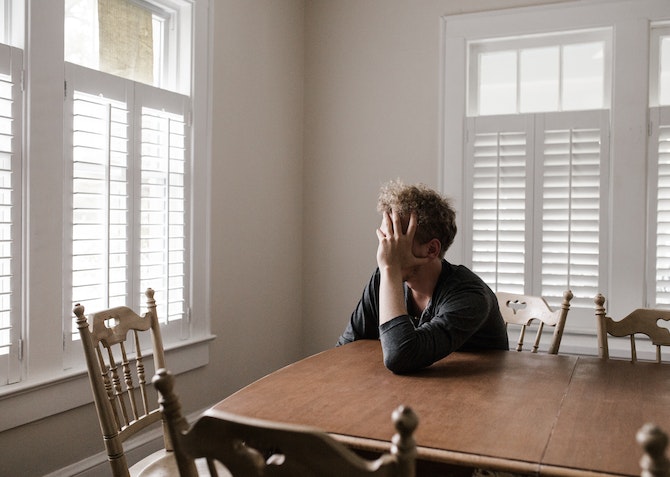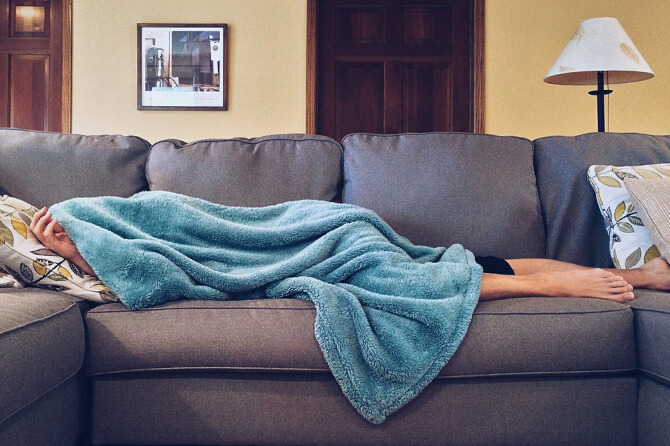
Sleep Tips For NHS Workers
Working for the National Health Service (NHS) means it's well-known how demanding and erratic your work schedules can be, which can make getting quality sleep a challenge.
But don't worry, Dormeo is here to offer some sleep help! Here are some practical tips and strategies to help you improve your sleeping hours:
Create a Sleep Sanctuary:
If you struggle to fall asleep, make your bedroom should into a haven for sleep. Make sure it's dark, quiet, and at a comfortable temperature. Think about putting money into items like blackout curtains, earplugs, or a white noise machine to keep out any noise or disturbances that you don't want.
Stick to a Consistent Schedule:
Working for the NHS might mean your schedule is all off, but our bodies thrive on routine, so try to establish some sort consistent schedule.
Establish a habit of sleeping at the same time every day, even on days off, to maintain a steady sleeping pattern. This will help maintain the body's circadian rhythm and lead to better sleep quality.
Power Down and Unplug:
Electronic devices emit blue light, which can interfere with your sleep patterns. Try to avoid using smartphones, tablets, or laptops for at least an hour before bed. Instead, unwind with a book, practice relaxation techniques, or enjoy a warm bath.
Watch What You Consume:
Be mindful of what you eat and drink, especially close to bedtime. Avoid heavy meals, spicy foods, and drinking too much, as these can lead to discomfort and many trips to the bathroom during the night.
Also, try to limit your caffeine and nicotine intake, as they are stimulants that disrupt your sleep. If you must indulge, try to avoid them at least four to six hours before bedtime.
Establish a Relaxing Bedtime Routine:
Establishing a habit prior to going to sleep can let your body know that it's time to relax.
Find activities that help you relax and de-stress, such as reading a book, gentle stretching or yoga, listening to calming music, or deep breathing exercises. Have a play around and find what works best for you.
Build a Sleep-Friendly Environment:
Make sure your sleeping environment is comfortable and really helps you to a good night's sleep. Invest in a supportive mattress, cosy bedding, and pillows that suit your preferences. Experiment with different sleep positions to find the one that's most comfortable for you.
Manage Stress:

Working in healthcare (maybe not with the NHS) can be incredibly stressful, and it often follows you home. Finding healthy ways to manage stress is crucial for improving sleep. Consider engaging in regular exercise, practicing mindfulness or meditation, journaling, or seeking support from friends, family, or colleagues.
If needed, don't hesitate to reach out to a mental health professional who can provide guidance and support.
Nap Strategically:

Sometimes a power nap during the day can be a lifesaver. However, be mindful of when and how long you nap. Keep your naps short (around 20-30 minutes) to avoid disrupting your night-time slumber.
Try to schedule your naps earlier in the day and avoid napping too close to your regular bedtime.
Create a Wind-Down Routine:
Just as it's important to establish a bedtime routine, creating a wind-down routine before leaving work can help get your mind and body from work mode to relaxation mode.
This could be taking a short walk, listening to soothing music or a podcast, or engaging in a brief mindfulness or deep breathing exercise. Find what works for you to mentally and emotionally detach from work before heading home.
Prioritise Self-Care:
As healthcare professionals, you tend to put others' needs before our own. However, self-care is essential for your well-being, including your sleep. Take time for activities that bring you joy and help you unwind.
Whether it's going for a run, practicing a hobby, spending time with loved ones, or simply indulging in a little "me time," make self-care a priority.
Limit Shift Work Effects:
If you work night shifts, try to establish a consistent sleep schedule that aligns with your working hours. Invest in blackout curtains or a sleep mask to create a dark environment that mimics night-time. Consider wearing earplugs or using a white noise machine to block out daytime noise.
Additionally, try to expose yourself to bright light exposure, such as sunlight or special light therapy devices, during your waking hours to help regulate your internal body clock.
Avoid Alcohol as a Sleep Aid:

While alcohol may initially make you feel drowsy, it can disrupt your sleep patterns and negatively affect the quality of your rest. It can lead to fragmented sleep, frequent awakenings, and decreased REM sleep. It's best to avoid relying on alcohol as a sleep aid.
Seek Support if Needed:

If you consistently struggle with sleep despite trying these tips, don't hesitate to seek professional help. Reach out to your healthcare provider or a sleep specialist who can provide personalized advice and guidance. They can help identify any underlying sleep disorders and develop a tailored plan to improve your sleep quality.
Remember, quality sleep is essential for your overall well-being and performance as an NHS worker. By prioritizing your sleep and implementing these tips, you'll be better equipped to face the challenges of your work and take care of yourself.
Upgrade your sleep on a Dormeo mattress or mattress topper for the maximum comfort during your well-earned rest time. For interesting and informative posts around sleep, check out our blog.








Leave a Reply